September 15 through October 15 is Hispanic Heritage Month and we’re taking this opportunity to share several related history and archival resources!
First, what’s up with the name? In recent years some members of Spanish-speaking populations of the United States have questioned the use of Hispanic to describe themselves. Latino, or sometimes the gender-inclusive Latinx, sometimes replaces Hispanic in the title. This article gives a bit more context for the different terms and the history of Hispanic Heritage Month.
The first day of Hispanic Heritage Month is September 15, which is Independence Day for several Central American countries (Costa Rica, El Salvador, Guatemala, Honduras and Nicaragua) and the day before Mexico’s Independence Day – that’s why the celebration month runs September 15 to October 15, rather than the first to the end of a month.
Here in Wisconsin, Hispanic or Latinx people make up 7.1% of the state’s population and you can explore the rich history of Wisconsin’s Latinx communities through Recollection Wisconsin.
Freedom Flotilla Photo Collection
UW-La Crosse’s Freedom Flotilla Photo Collection chronicles the Freedom Flotilla, also known as the Mariel Boatlift, after President Carter opened the doors to the United States in 1980 for hundreds of thousands of Cuban refugees. Narly 15,000 Cubans would eventually arrive at the resettlement camp at Fort McCoy in western Wisconsin. This collection contains photographs of the “Cuban Odyssey” taken by journalists, most of whom worked for the La Crosse Tribune, and brings together nearly 250 images of individuals and events directly involved with the Freedom Flotilla.
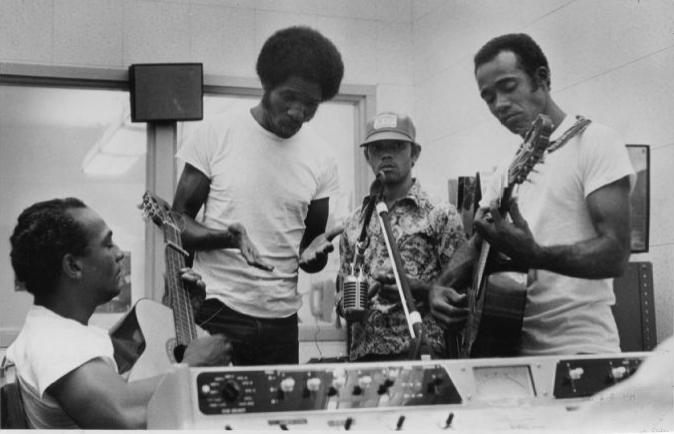
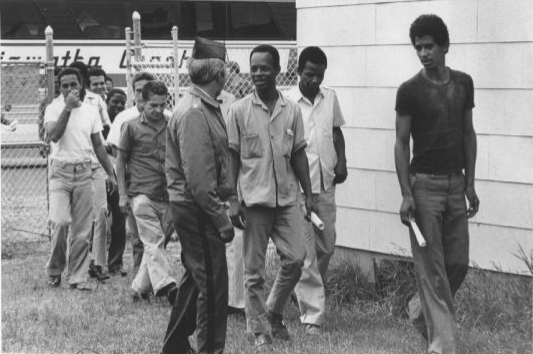
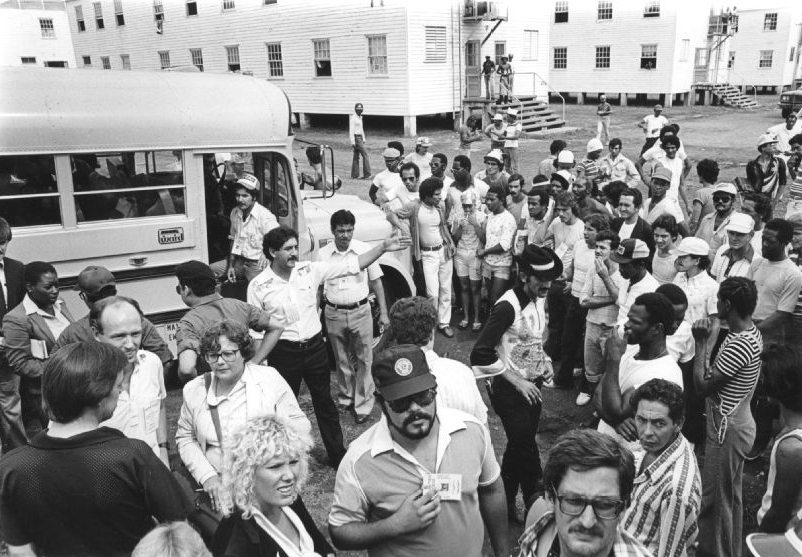
UW Milwaukee Latino Activism Collection
The UW-Milwaukee Latino Activism Collection is among the state’s largest collection of Hispanic and Latino historical materials. This collection and timeline includes photographs, documents, newspaper articles and video that document efforts during the 1970-71 academic year to improve conditions for the Latino community at the University. In November 1970, UW-Milwaukee opened its Spanish Speaking Outreach Institute, a forerunner of today’s Roberto Hernandez Center. UW-Milwaukee Archives recently created a new exhibit showcasing the history of Latino activism on campus, focusing on the events of 1969 – 1970 that led to the formation of the Roberto Hernandez Center.
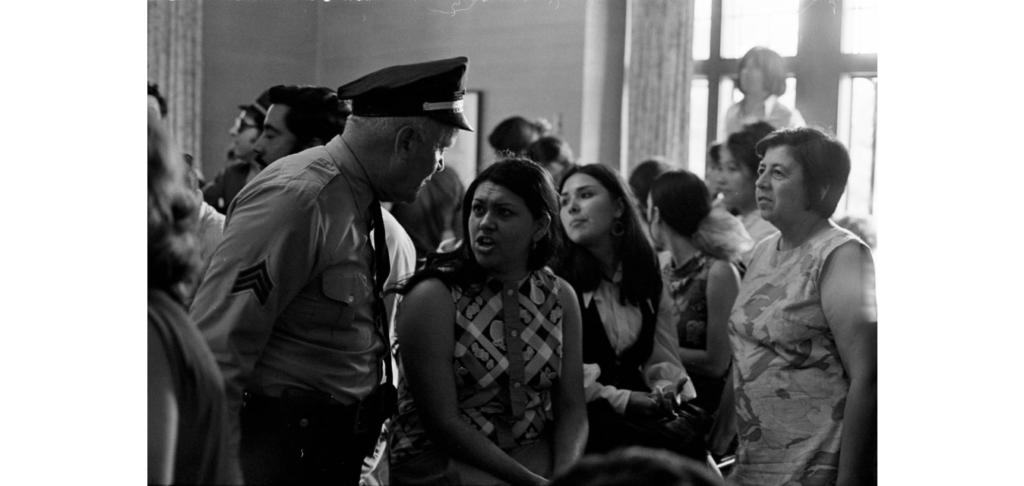
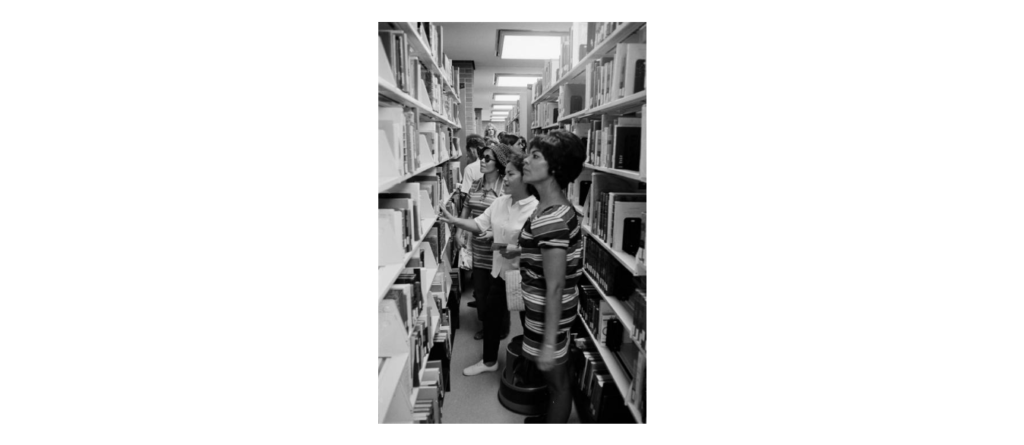
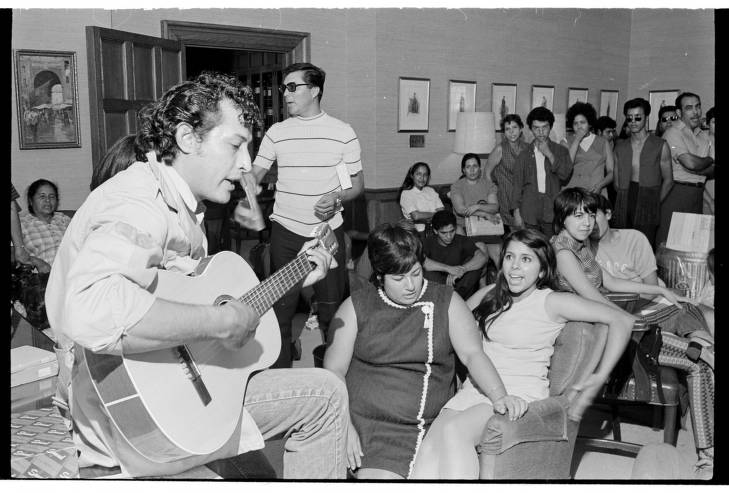
Somos Latinas Project Oral Histories
Somos Latinas Project Oral Histories, from the Wisconsin Historical Society, “was created to document the many significant and largely hidden contributions of Latinas in Wisconsin engaged in their communities to positively impact society in K-12 and post-secondary education, civil rights, women’s rights, domestic abuse services, immigration reform, political representation, peace and justice, and other areas.” Accompanying the oral histories is a curriculum packet for use in grades 6 – 12.
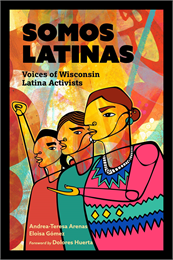
Wisconsin Latinx History Collective
Somos Latinas was co-founded by Andrea-Teresa “Tess” Arenas, PhD. As she and her coauthor and cofounder Eloisa Gomez traveled the state in promoting the initiative, they consistently heard that students and Latinx people couldn’t find their own history in cultural heritage organizations. The lack of documented history led her to create the Wisconsin Latinx History Collectiveto document Latinx history through 2025 and the Wisconsin Historical Society will serve as the archival repository for materials collected. WiLS, Recollection Wisconsin’s consortium manager, hosted Dr. Arenas in June 2021 for a WiLSWorld Shorts session with the goal of growing the Collective’s network to include other libraries and cultural organizations that serve Wisconsin’s Latinx communities.
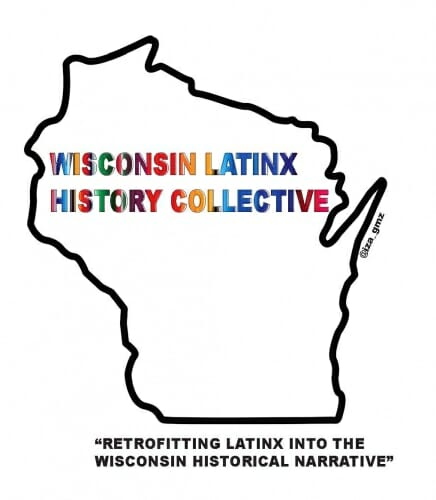
While we share these great resources in celebration of Hispanic Heritage Month, learning about and honoring the contributions of Latinx people to Wisconsin history should continue year-round. We are always looking to broaden and deepen the representation of Latinx stories in Recollection Wisconsin. If you know of other relevant archival or historical collections, please let us know at info@recollectionwisconsin.org.

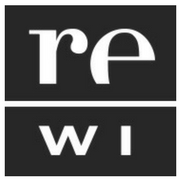
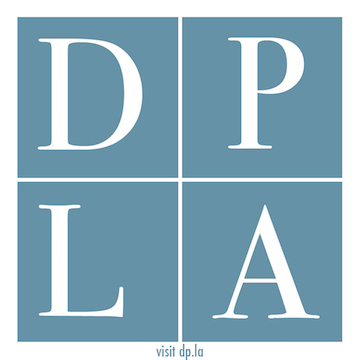
You must be logged in to post a comment.